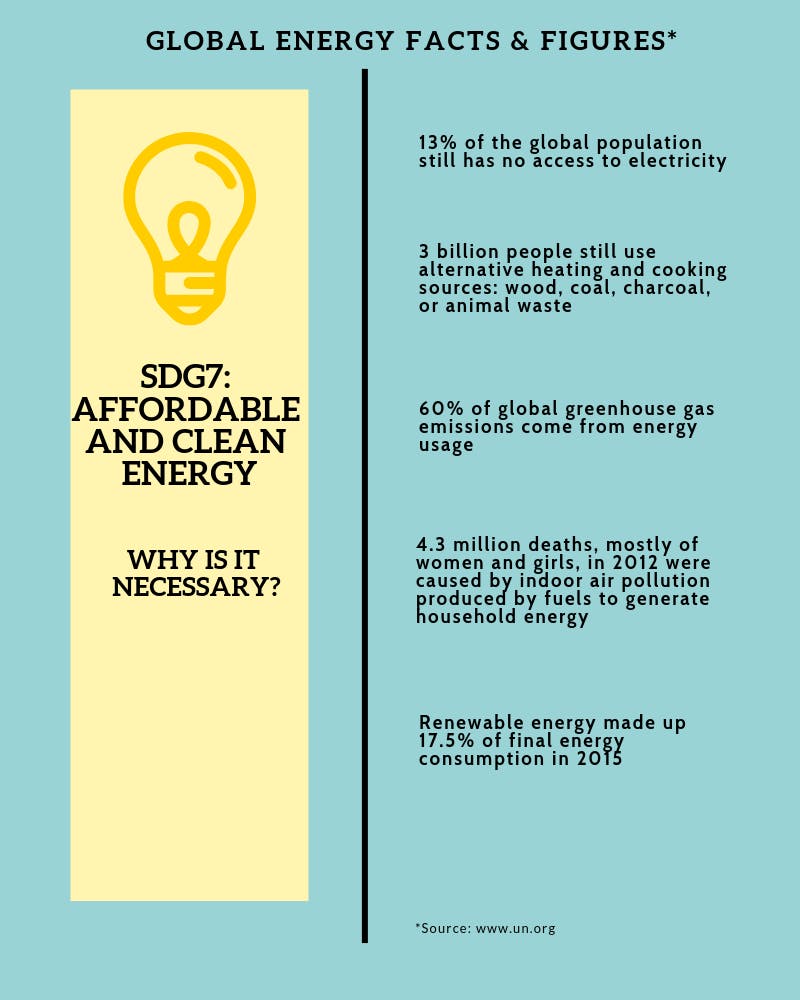Some 1.8–4.1 billion people living in the developing countries of South Asia, South-East Asia, Sub-Saharan Africa and Latin America are vulnerable to heat-related stress, and lack access to technology to cool their living spaces, according to new estimates.
“Addressing the lack of access to thermal comfort has important implications for reducing the risk of heat-related deaths and dysfunction and improving the well-being of billions of people in the Global South,” Alessio Mastrucci, an author of the study and researcher at the Vienna-based International Institute for Applied Systems Analysis (IIASA), tells SciDev.Net.
The authors note that as health risks rise with global temperatures, the need for air conditioning is expected to add to global energy demands.
Universal access to electricity and adequate and affordable housing are prerequisites to accessing cooling technologies, and are closely linked to meeting several of Sustainable Development Goals (SDGs) mandated by the UN, the study notes. According to Mastrucci, filling this “cooling gap” links with the SDGs on affordable and clean energy, poverty reduction, health and wellbeing, and sustainable cities and communities.
“
We estimate that between 1.8 and 4.1 billion people in the Global South are potentially exposed to heat stress in their homes.
Narasimha Rao, assistant professor of energy systems, Yale University
Clinton Andrews, professor of urban planning at Rutgers University in the United States, says that the study shows that “even after accounting for longstanding adaptations that people living in hot climates have made to local conditions, the poor who lack access to electricity, and therefore air conditioning, are at increasing risk of health problems due to heat stress”.
Although previous studies have estimated demands for cooling on a global scale, few have focused on developing countries, and more specifically where adverse climate conditions and poverty converge.
The researchers looked at the energy needed to meet cooling needs of populations exposed to heat stress by taking into account climatic conditions, type of housing, access to electricity and ownership of air conditioners.

We estimate that between 1.8 and 4.1 billion people in the Global South—with a median of 3.7 billion for 26 degrees Celsius set point threshold and at least five days of annual exposure — are potentially exposed to heat stress in their homes,” says Narasimha Rao, co-author of the study and assistant professor of energy systems at Yale University in the United States.
Closing the cooling gap would mean a rise in energy demand of 14 per cent above current global consumption of electricity in homes, their model suggests. This demand is expected to be met mainly by using air conditioning, which is costly and environmentally damaging.
You might also like
“The implication of this study is that the current SDG for energy (SDG7) understates the extent of energy poverty, when considering that several billion people in the Global South lack affordable cooling technologies and face the risk of heat stress-related health impacts,” Rao points out. SDG7 calls for providing universal access to modern, affordable and reliable energy by 2030, including both electricity and clean cooking stoves and fuels.
The authors note that timely policies to make air conditioning technologies efficient and affordable, and to improve the design of residential areas in order to reduce heat island effects, would benefit both the climate and development.
This piece was produced by SciDev.Net’s Asia & Pacific desk.
This article was originally published on SciDev.Net. Read the original article.










